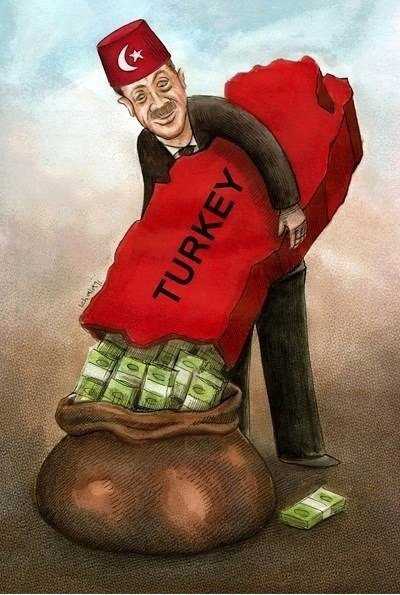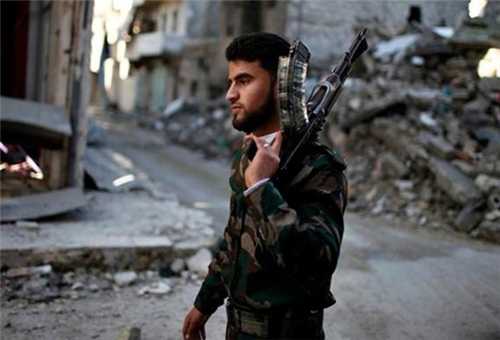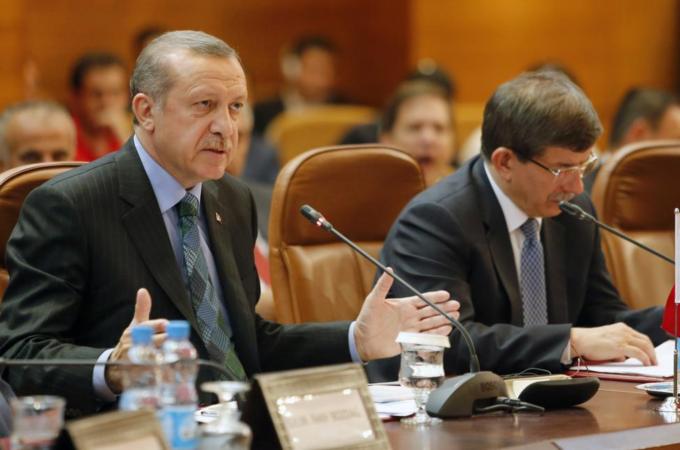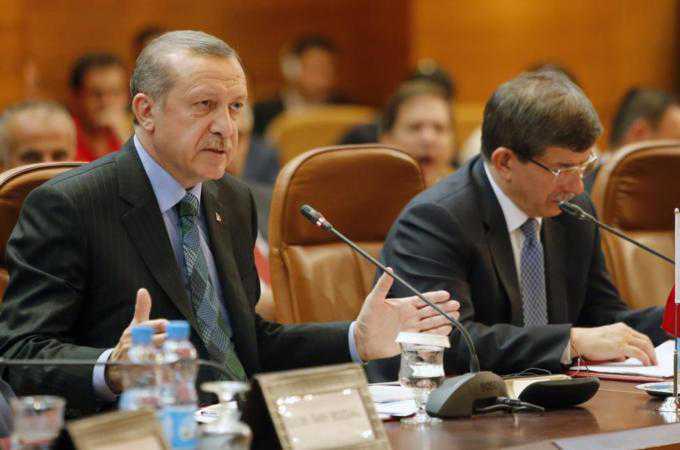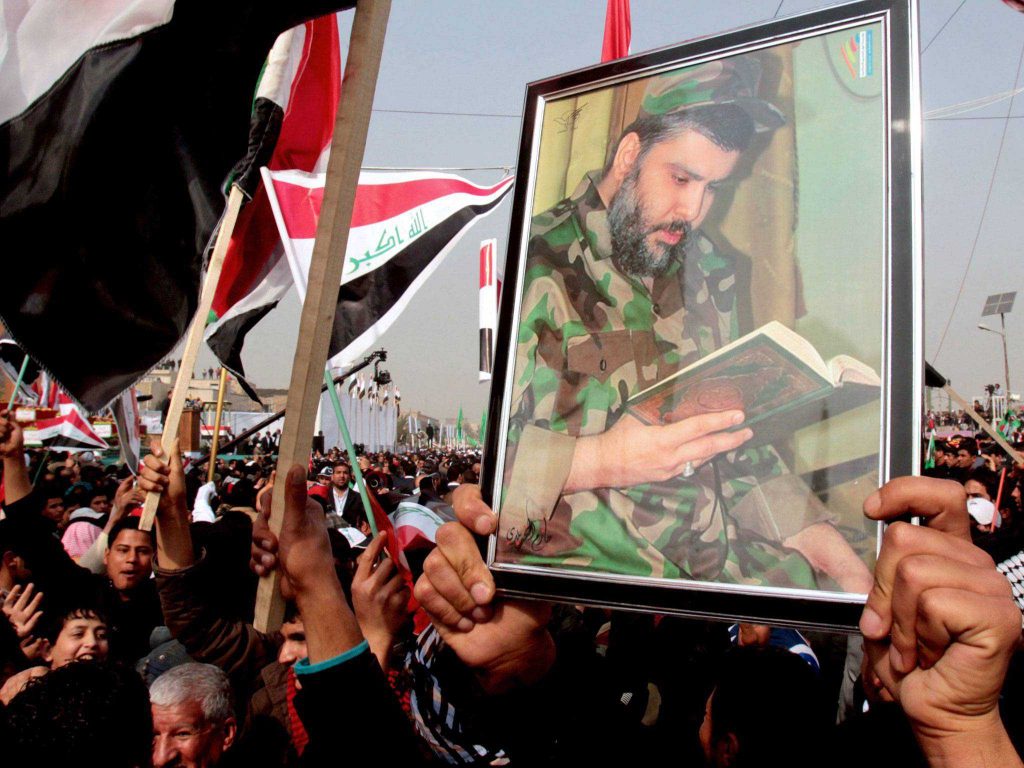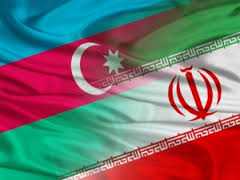 Gulnara İnanch, director of «Etnoqlobus» (ethnoglobus.az ) International Online information analyses center, editor Russian sector turkishnews.com
Gulnara İnanch, director of «Etnoqlobus» (ethnoglobus.az ) International Online information analyses center, editor Russian sector turkishnews.com
Political processes occurring in the Middle East gave a new stimulus to geopolitical events. Arabic Spring, although contrasting, opened a new phase for the solution of the Nagorno-Karabakh conflict. However, it began to require new game conditions.
There have really been geopolitical times when partial or phase-by-phase solution of the Nagorno-Karabakh conflict seemed to be possible. For example, in 2009 official Baku almost was able to get consent of world’s leading powers regarding liberation of 5 regions around Nagorno-Karabakh being under Armenian occupation. Armenian government also agreed for it instead hoping for softening of blockade from Azerbaijan side.
At that time, with the pressure of White House and European Union, Armenia-Turkey negotiations were underway. West wishing to exert influence on Russia through Armenia was insisting on opening of borders between Turkey-Armenia.
For implementation of this plan, military operations were to commence and Armenian military forces were to be driven out from the occupied territories. These operations would calm down Armenian nationalists thus persuading Armenian society about necessity of returning 5 regions. In that case, Armenian site would not loose their image while signing of treaty regarding solution of first phase of the conflict.(1)
That phase, much to our regret, was not completed. As the gas projects of Caspian Sea had not been defined accurately at that time, West and Russia postponed to use the solution of the Nagorno-Karabakh conflict as a tool for pressure.
Now there is new a chance, as we have already mentioned above, for phase-by-phase solution of the Nagorno-Karabakh conflict. This time, along with West, East players also join the game. Azerbaijan, thanks to regulated and future intended policy, has become a new political and economic center not only in the region, but also in all over the world, including in the Islamic world.
While investigating current phase of the solution of the Nagorno-Karabakh conflict, we focus on two states having special relations with Azerbaijan – Iran and Palestine. In autumn 2012 UN General Assembly adopted a resolution regarding giving Palestine non-Member Observer State status as a result of which world community began to see Palestine as an independent state in the Middle East. It should be noted that the fact that Palestine, which had to be established as a state in 1947 along with Israel upon the Decision of United Nations, already is being recognized as a state amid “Arabic Spring”.
It should be noted that it is not accidental that Azerbaijan also voted for giving Palestine non-Member Observer State status in the United Nations. Official Baku has always supported establishment of Palestinian state and division of Quds.
After the visit of Azerbaijani Foreign Minister Elmar Mammadyarov to Ramallah in the spring of 2013, bilateral relations began to develop fast. Palestinian Foreign Minister has noted high reputation of Azerbaijan in several respected organizations such as UN Security Council, Organization of Islamic Cooperation and Non-Aligned Movement. (3) Thus, Ramallah has hinted its hopes for future support by Azerbaijan in the mentioned organizations.
Azerbaijan, for the purpose of helping Quds and Palestine, hosted the Organisation of Islamic Cooperation Foreign Ministers‘ Conferences in June. In this conference Azerbaijan put forward initiative of providing aid in the amount of 5 million dollars to important facilities in Quds.
Relations between Azerbaijan and Palestine had never been so positive. Palestine-Azerbaijan relations give both sides mutual benefits from political, economic, trade and cultural point of view. Next year forum of Azerbaijani and Palestinian traders and businessmen will be held in Azerbaijan. (2)
Beginning from last year official Baku started to work for recognition and socialization of the Nagorno-Karabakh conflict in the Islamic world aiming at recognition of status of Quds for Nagorno-Karabakh in the Islamic world. This issue was also on the agenda during Mammadyarov’s visit to Ramallah. In order to popularize this issue, Palestine may direct the attention of the Islamic world to the Nagorno-Karabakh issue thus achieving support of Islamic world in solution of the Nagorno-Karabakh conflict in favor of Azerbaijan.
On the other hand, by supporting Quds, it is possible to neutralize possible impact of world’s Armenian lobby living in Arabic countries on policy of these Arabian states.
Another factor in phase-by-phase solution of the conflict and achieving the status of the Islamic word’s problem for the Nagorno-Karabakh is Iran. During the visit of Ramiz Mehdiyev, head of Presidential Administration of Azerbaijan and Sheikh-ul-Islam Haji Allahshukur Pashazadeh, chairman of Caucasian Muslim Board (CMB) to Iran in April, focusing on Quds and Nagorno-Karabakh conflicts in the Islamic world and international community in parallel was discussed. Promises of Iranian Ambassador to Azerbaijan Mohsen Pak Ayin to protect any state supporting Palestinian people, on which both Iran and Azerbaijan have the same views, reconfirm the position of official Tehran on the conflict (4).
Iranian ambassador in his interview gave explanation on his view: «Iran wants to use its resources in the solution of the conflict. Official Tehran has prepared a plan for parties about solution of the conflict. In case of necessity, we will submit it.» (5)
As the geography of tension in the Middle East expands, Iran, for the purpose of establishment of stability and peace in the region, tries to achieve solution of conflict in Nagorno-Karabakh. Tehran thinks that any kind of disorder of security in the region will have negative impact on Iran.
Both Baku and Tehran have the same views on OSCE Minsk Group’s insufficient activity in the solution of the conflict. Tehran also highlights that only regional states can be helpful in the solution of the conflict.
Statement by Supreme leader of Iran Ali Khamenei on the solution of the Nagorno-Karabakh issue is important from the point of Tehran: “Karabakh is the Islamic land … Karabakh and the issue of its belonging to Azerbaijan will be supported.
… No matter how times passes we will not forget the fact that Karabakh is the Islamic lands. Karabakh will be freed by the muslim Azerbaijani nation”.
Researches show that Iran is seeking the ways how to be involved in the solution of the conflict.
There are opportunities for Azerbaijan, Palestine and Iran to take advantage of the situations occurred in the world. Iran, in order to demonstrate that it is not going to be satisfied just with promises, holds events in Tabriz dedicated to the solution of the Nagorno-Karabakh conflict thus aiming at popularizing the Karabakh problem among the Azerbaijanis living in Iran in the level of Quds problem.
Iran has a chance to be involved in the solution process of the problem since it is cooperating with both conflicting parties. However, Iran will have to demonstrate that it is not the country supporting Armenia as it is widely thought in Azerbaijan and prove that words of Iranian Supreme Leader “we have the same blood running in the veins” are not just the word.
According to Azeri experts, Azerbaijan will ask Iran to impose economic sanctions against Armenia and if Iran fulfils Azerbaijan’s wish, Iran will be considered as a friend country in the view of Azerbaijanis. (6)
In this regard, thoughts that R.Mehdiyev stated in Iran characterize the intention of official Baku: «Azerbaijan considers Iran its older friend. Azerbaijan attaches huge importance to Iran’s support. We consider that our countries should be next to and support each-other. We think that it is reasonable to have strong and stable Iran in the neighborhood ». (7)
With Iran’s newly elected president Hassan Rouhani there are hopes all over the world on elimination of long lasting tensions with official Tehran. Because all the regional countries, including Azerbaijan gets its share from the tensions around Iran. In bilateral relations of Azerbaijan Iran is considered as sensitive guest which prevents official Baku to play open game in its foreign policy as a result of which we occasionally witness tensions between our countries.
Latest meetings in Tehran and Baku between Iranian and Azerbaijani officials enable us to think that relations between these countries are in new flat. Establishment of mutual confidence between our countries may allow Iran and Azerbaijan to join efforts in the solution of the Nagorno-Karabakh and Quds conflicts.
German chancellor Angela Merkel has cheered Iran’s proposal to be mediator in Syrian problem. France also would like to see Tehran among the mediators holding negotiations with Damascus. Telephone calls between the Iranian and US presidents after long year’s political stagnation, particularly, agreement achieved in Geneva on 23 November on Iran’s nuclear program allow us to believe in serious changes to occur in the region. In this case, in order to demonstrate that West is sincere to build amicable relations with Iran, it may involve Iran as a mediator in the solution of regional conflict, including in the solution of the Nagorno-Karabakh conflict.
1.
2.
3.
4.gumilev-center.az
5. https://interfax.az/view/581413
6. ethnoglobus.az
7. Azerbaijan in the world, ADA Biweekly Newsletter, vol 6,№ 14. jule 15, 2013
